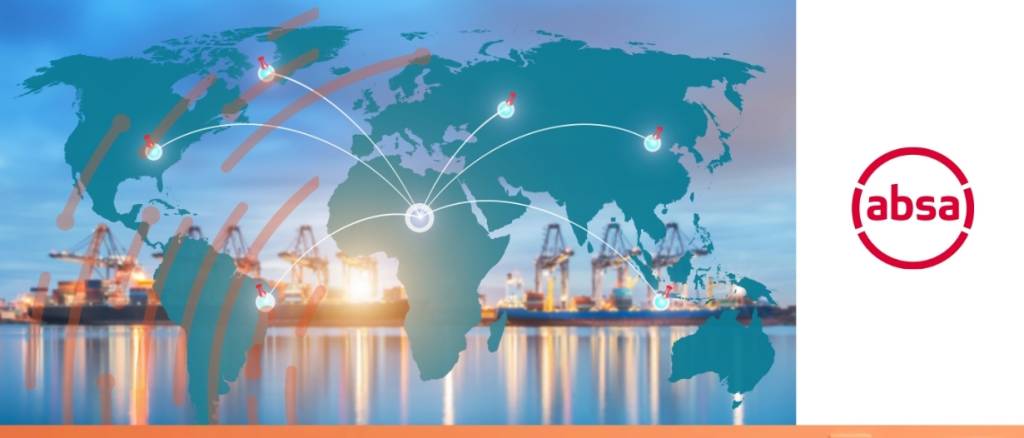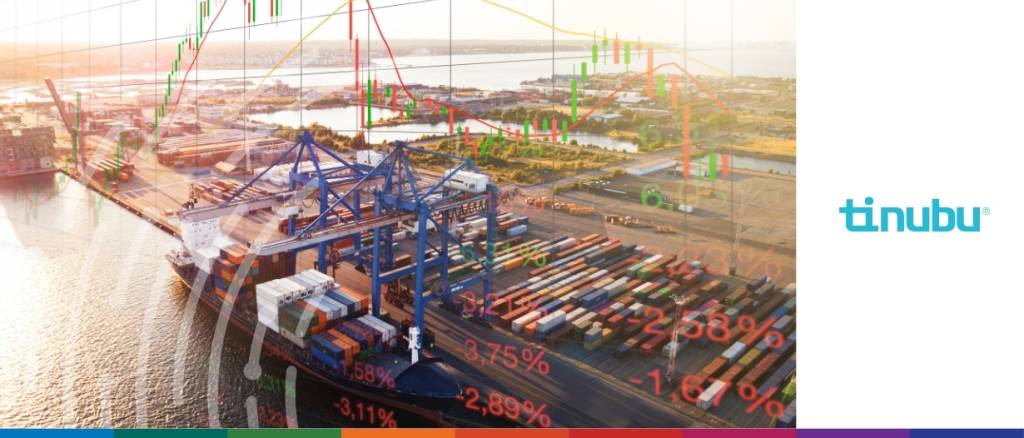For emerging capital markets, the journey from local origins to global success doesn’t usually follow a one-size-fits-all script. But there are lessons that can be learned and actions the global financial community can take to smooth the path.
Since its inception, globalisation has posed the question of connectivity. And with forces of fragmentation – whether competition, geopolitical, or technological – intensifying today, how can we ensure the global… read more →
Climate change is no longer an abstract future threat; it is a pressing reality with tangible effects on ecosystems, societies, and economies around the world. Businesses and financial institutions must build climate resilience in response to increasingly threatening climate challenges.
Africa’s population has swelled to account for around 17% of the world’s population. Over the same period, according to figures from the African Development Bank (AfDB), Africa’s share of global trade has decreased from 4.4% to just 3%. This paradox, in part, is the result of a lack of access to and awareness of trade finance solutions from banks on the continent.
With banks constantly looking to achieve growth objectives and remain competitive, middle-market growth corporates present an opportunity hidden in plain sight. These companies, which in some cases reach $1 billion in annual revenue, are in fact large enterprises in the making: attractive targets for banks.
In 2024, the year of dramatic elections, tectonic shifts in governing power, and heightened tensions worldwide, Sibos attendees are keeping their eyes squarely on the road ahead. This year’s theme,… read more →
The traditional, paper-heavy processes that once dominated the trade finance industry are now being replaced by innovative, automated systems designed to streamline operations, enhance efficiency, and reduce costs. This digitalisation… read more →
The ICC Principles for Sustainable Trade Finance (PSTF), developed in collaboration with Boston Consulting Group and leading financial institutions, addresses a crucial gap in the market: the challenge of applying… read more →
It’s hard to ignore the continued growth and influence coming out of Asia for trade. Asia’s trade growth continues to surge, with the Asian Development Bank (ADB) forecasting 5% growth in 2024, driven by strong domestic demand and recovering exports. Regional integration and modern trade agreements are enhancing resilience in key sectors like food and technology. Asia also benefits from rising demand for tech exports, particularly semiconductors, driven by AI. However, risks such as geopolitical tensions and protectionism remain.
Managing General Agents (MGAs) have emerged as an important component in the ecosystem, offering specialised expertise and flexibility. This new model of insurance providers helps to bridge the gap between insurers and the businesses they protect.
























